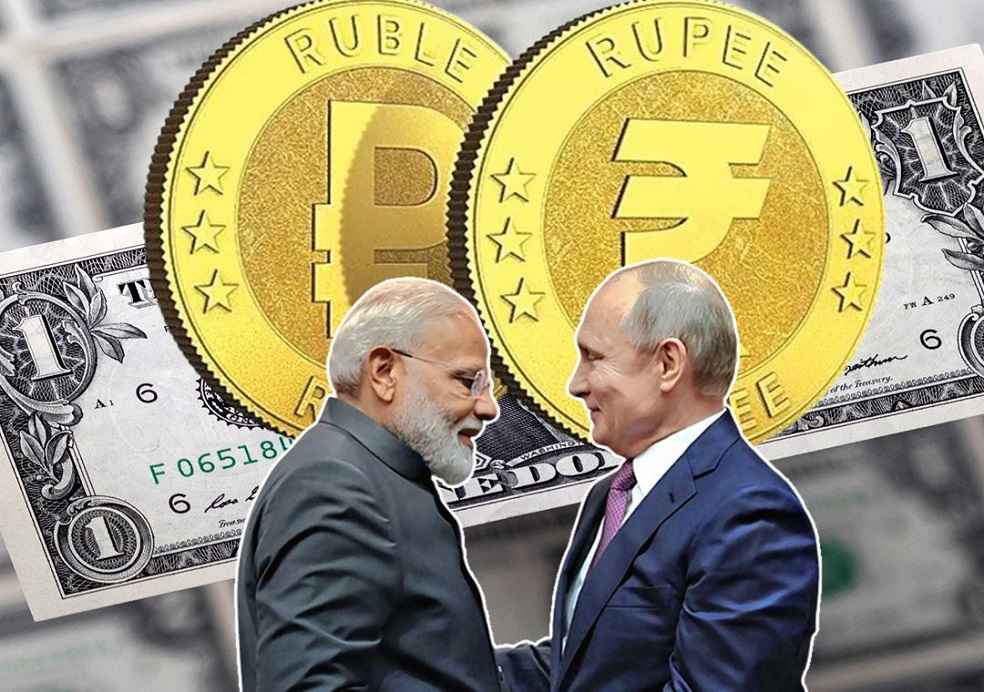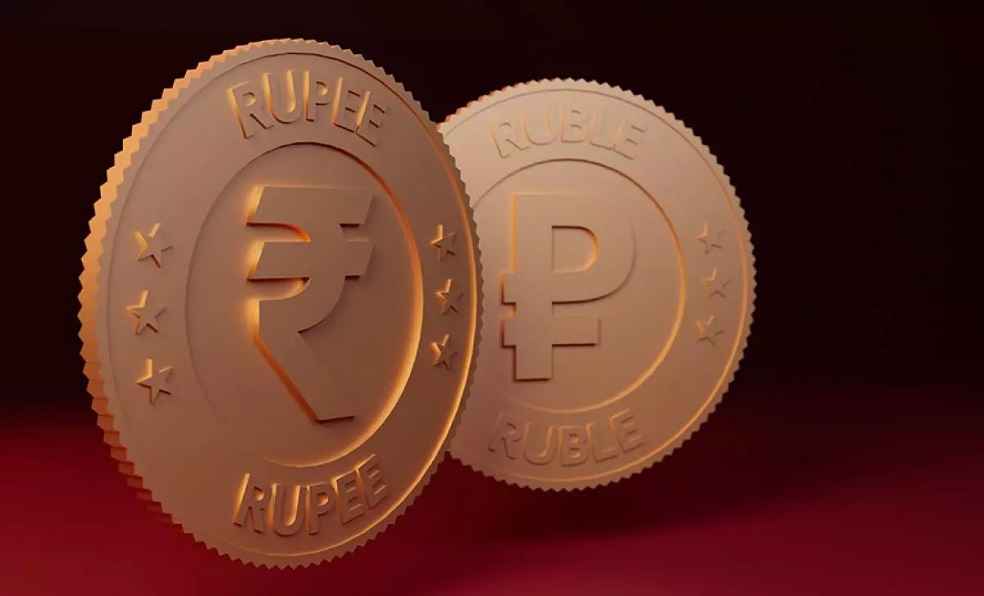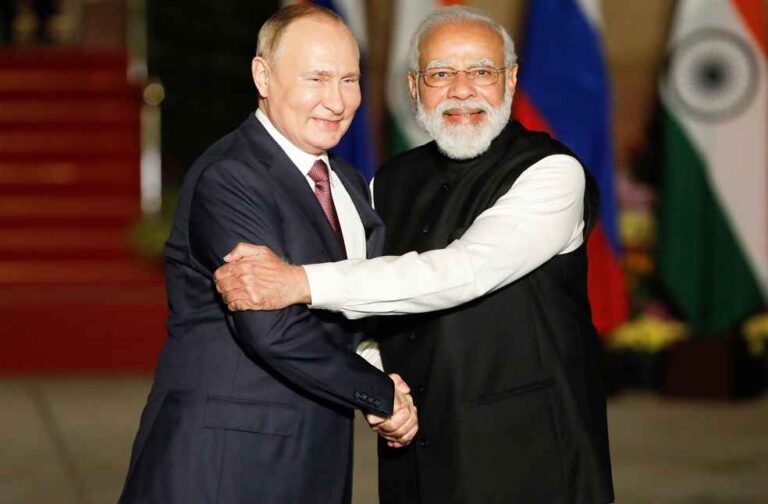Rupee Trade: As geopolitical winds shift, India and Russia have taken a significant stride in their trade relationship. Since the onset of 2023, the two nations have been settling a portion of their non-oil trade in Indian rupees, as reported by a top official at UCO Bank, the Indian state-run lender involved in the transactions.
In a bid to internationalize the rupee’s usage, the Reserve Bank of India last year announced a mechanism for settling foreign trade in its national currency. This move aligns with Russia’s interest in diversifying trade currencies to decrease reliance on the U.S. dollar, a strategy emphasized by Deputy Prime Minister Denis Manturov in April, amidst Western sanctions over Russia’s conflict in Ukraine.

Gazprombank, a Russian entity, has initiated the foreign account proceedings by opening a special rupee vostro account with UCO Bank, as per UCO Chief Executive Soma Shankara Prasad. The bank has seen an increase in requests for similar setups from other foreign institutions, including those from Russia.
“Nearly twenty transactions have been executed in rupees since January…all in favor of Indian exports to Russia,” remarked Prasad. He also noted that Russia had commenced payments to Indian exporters in rupees for a few transactions with Indian importers.
Elated by the development, Prasad said, “We are happy that two-way trade in rupee has started. It is at a very early stage, and we hope that this will gain momentum.” He hinted at the potential expansion of this arrangement to oil trade after thorough vetting.

This mechanism echoes India’s previous arrangement with Iran, where rupee payments for oil were used to supply non-sanctioned goods. UCO Bank was instrumental in that arrangement as well.
India’s annual trade with Russia surged to $44.4 billion in the last fiscal year, up from $13.1 billion, with Russia surpassing Iraq as India’s top oil supplier. To address this trade imbalance, Russia plans to increase imports from India, including machinery, road construction equipment, chemicals, and pharmaceuticals. In addition, the countries are negotiating a free trade and a bilateral investment agreement, further strengthening their economic ties.
TRAVEL & TOURISM: Alpine Revival: Chinese Wave of Quality Tourism Hits Switzerland



